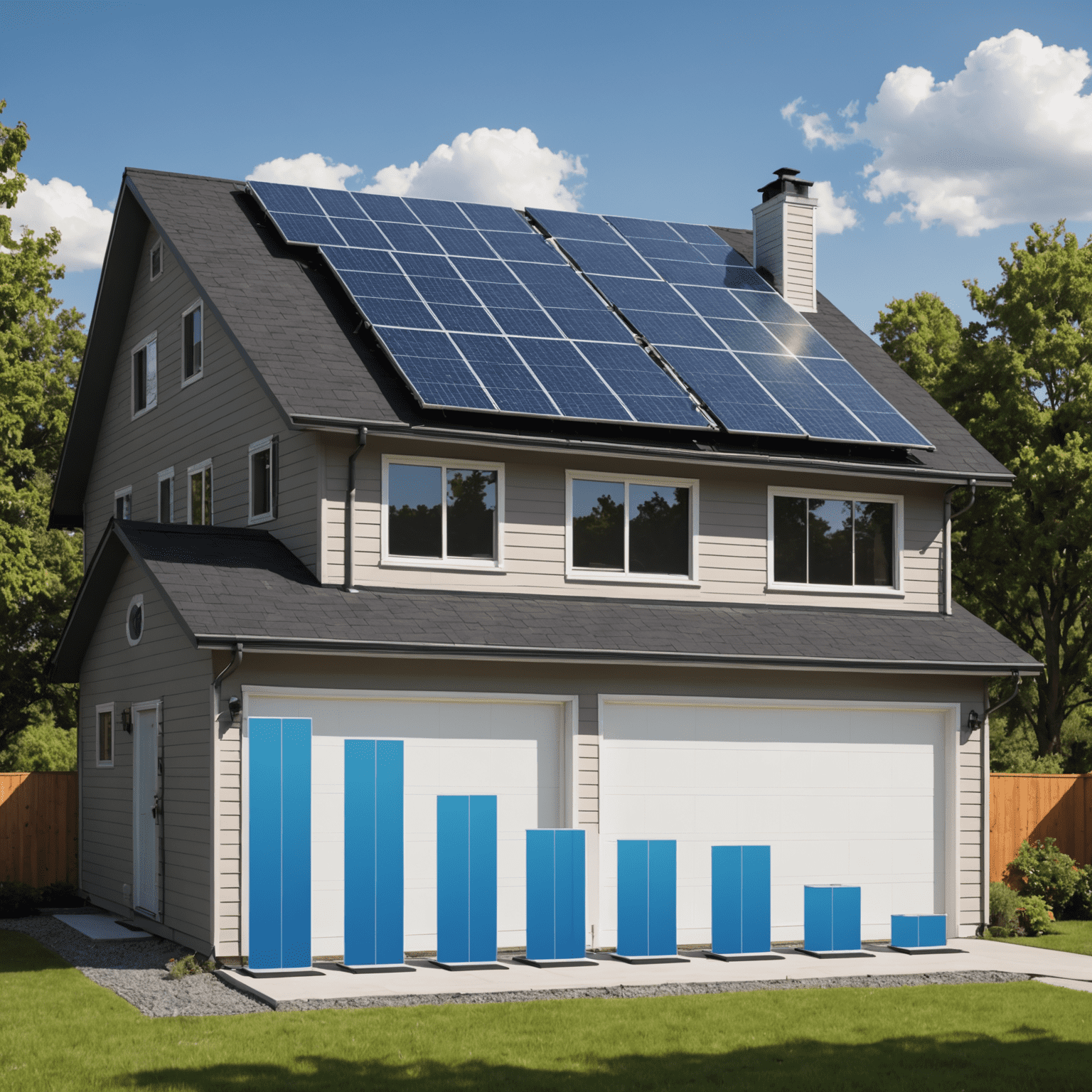The Economics of Solar: ROI and Government Incentives

Investing in solar panels is not just an environmental decision; it's a financial one. This article breaks down the economic aspects of solar panel installation, including return on investment (ROI) and available Canadian government incentives.
Understanding Solar ROI
Return on Investment (ROI) is a crucial factor when considering solar panel installation. Here's how it typically works out:
- Initial Cost: The average cost of a solar panel system in Canada ranges from $15,000 to $30,000, depending on size and quality.
- Energy Savings: Most homeowners see a 50-75% reduction in their electricity bills.
- Payback Period: On average, it takes 8-15 years to recoup your initial investment through energy savings.
- Long-term Savings: Solar panels typically last 25-30 years, meaning 10-20 years of pure savings after the payback period.
Canadian Government Incentives
The Canadian government offers various incentives to make solar more accessible:
1. Federal Incentives
- Greener Homes Grant: Up to $5,000 for energy-efficient home upgrades, including solar panels.
- Canada Mortgage and Housing Corporation (CMHC) Rebate: Up to 25% refund on mortgage insurance for energy-efficient homes.
2. Provincial Incentives
Incentives vary by province. Some notable examples include:
- Alberta: Residential and Commercial Solar Program offers up to $0.36/watt installed.
- British Columbia: PST exemption on solar panel purchases.
- Nova Scotia: SolarHomes Program provides rebates up to $6,000 for residential installations.

Additional Economic Benefits
- Increased Property Value: Homes with solar installations typically sell for 4.1% more than comparable non-solar homes.
- Protection Against Rising Energy Costs: As utility rates increase, your savings grow.
- Net Metering: Sell excess energy back to the grid, further offsetting your costs.
Conclusion
While the initial investment in solar panels may seem substantial, the long-term economic benefits are clear. With government incentives, energy savings, and increased property value, solar panels offer a solid return on investment for Canadian homeowners. As we move towards a more sustainable future, the economics of solar make it an increasingly attractive option for both your wallet and the planet.
Pro Tip:
Always consult with a certified solar installer to get an accurate estimate for your specific situation. They can help you navigate local incentives and calculate a precise ROI based on your energy usage and property characteristics.